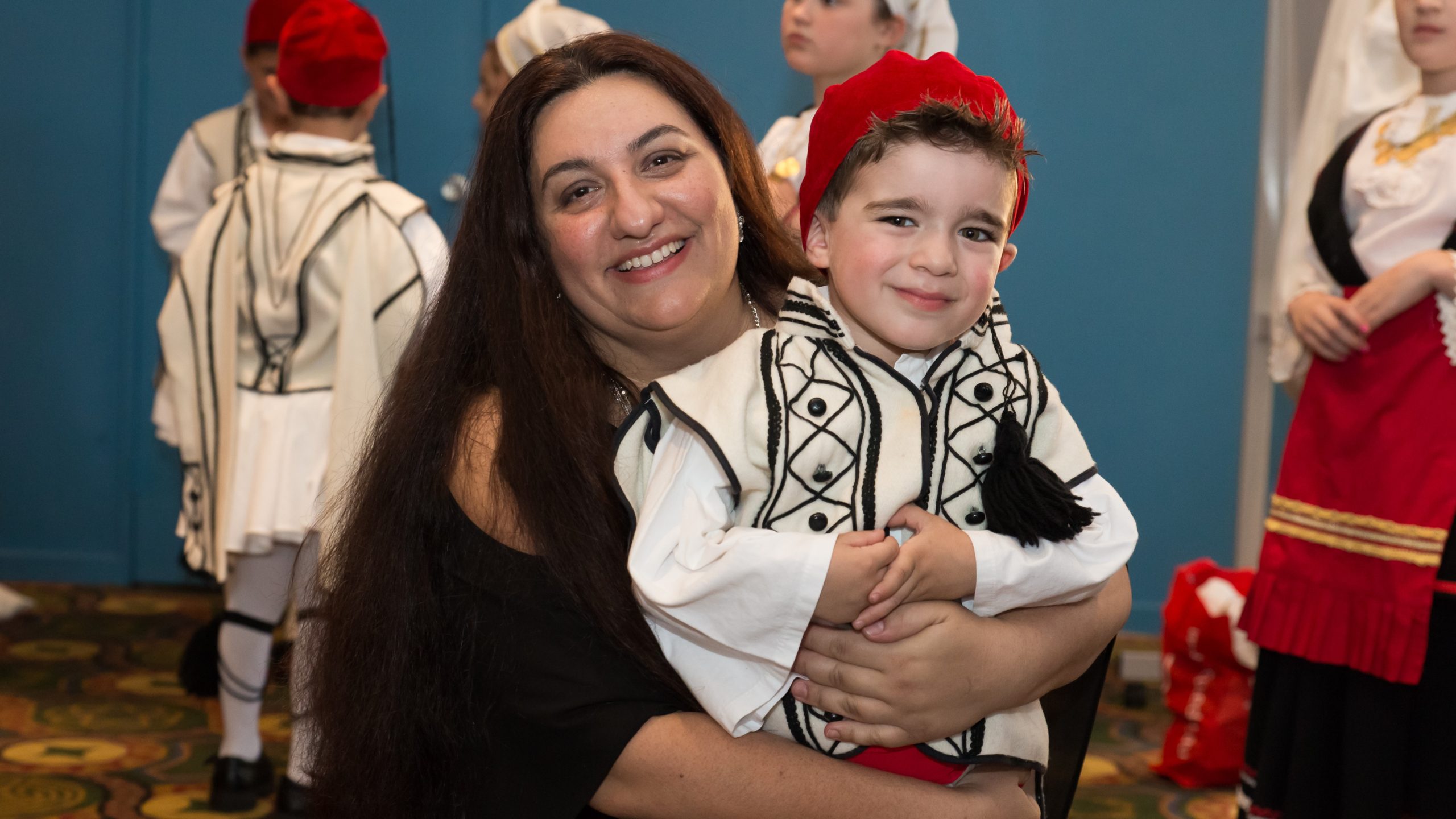By Mary Sinanidis.
Dance teacher Sophia Ventouris grew up in a conservative migrant household in Marrickville, Sydney where dancing was not encouraged as a hobby.
As a child, she would go with her parents to Greek dances, especially Pontian ones, soak in the rhythms and pick up the steps, but formal lessons were out of the question: “What are you thinking? Will you be a kabaretzou (cabaret dancer)?”
At 14, she convinced her mother to take her to the school of Nancy Karouana. Years later, she is the creator of the 10-day Zeibekiko Festival of Australia in Sydney, Adelaide and Melbourne from July 1 – the first of its kind to showcase the dance form and its benefits to the wider community.
Together with guest teacher/dancer Christos Shakallis, Ventouris hopes to bring a zeibekiko revival – not that a revival is necessary in a dance that explodes from the soul, taking the dancer to nirvana.
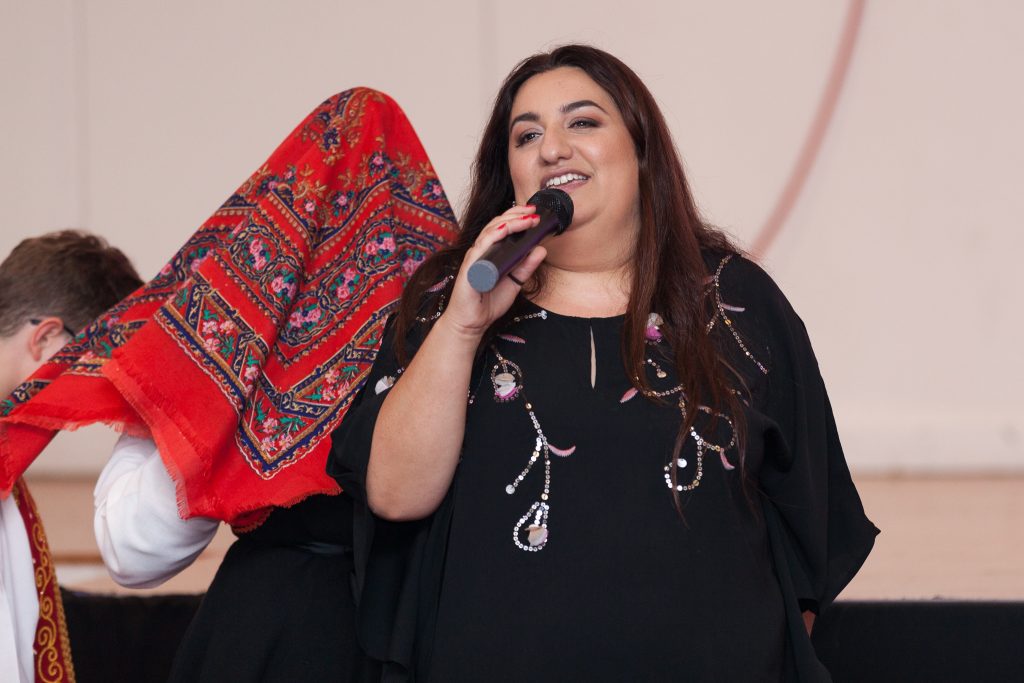
Therapy through dance:
Zeibekiko is often associated with iconic moments, such as the scene in “Zorba the Greek” where Anthony Quinn staggers a few steps before breaking out syrtaki – or that time when former Greek Prime Minister George Papandreou swept away the loss of the leadership of the centre-left KINAL party with zeibekiko.
Known as the “eagle dance” due to the dancer’s gyrating arms and slow proud swoops, or the “drunk dance” at its worst due to the uninhibited movements and the occasional shots of whiskey downed by the dancer amid the cheers of onlookers.
For Ventouris, there’s more to zeibekiko than meets the eye. She told The Greek Herald it is a “deposition of the soul,” a “confession” through movement, a type of therapy through dance. She touts the mental and physical benefits of the dance, explaining how it cleanses the soul.
“I have seen people cry when dancing zeibekiko, and I have cried as a result of the emotion it brings. Through this dance we express our feelings: our pain, our happiness,” she said.
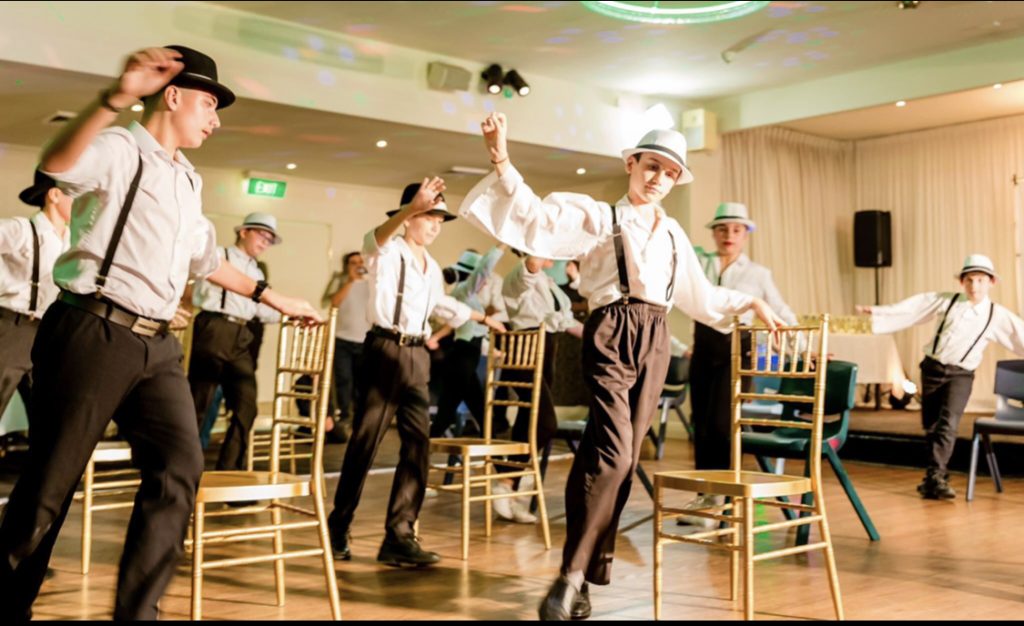
Due to the lack of formal steps, the dance world undervalues it.
“The dance has less to do with steps and more to do with unleashing the psyche. How do you teach that? You can teach a shy person to express themselves by showing them the basics. And while there are no steps, there are some unwritten rules, such as the fact that it is a solitary dance,” she said, pointing to a time when ‘mahairomata’ (stabbings would take place during performances).
“A man would tip the band to play zeibekiko, and the floor would be cleared. It was understood that if anyone entered his space, the zeibekiko dancer had the right to stab them. That’s how ‘holy’ that moment was.”
Such incidents give zeibekiko a bad rap and, in some ways, vindicate the reluctance of Ventouris’ strict father when it came to allowing his daughter to join a dance troupe. But Ventouris stresses that the dance’s evolution following the Asia Minor Catastrophe was just a blip in its history.
“It became the dance of refugees to express their loss and trauma. They used it to escape from all they had witnessed. All they had lost,” she said. “The pain was so great that they escaped through dance and hashish.”
From a dance of outcasts, it became the dance of Greek leftist prime ministers, and today it is danced by women as well.
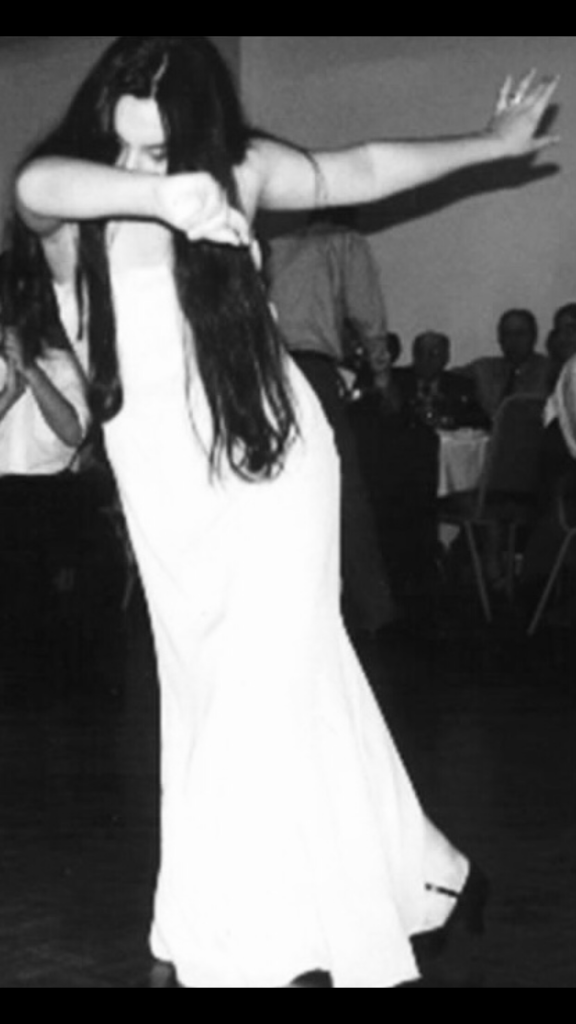
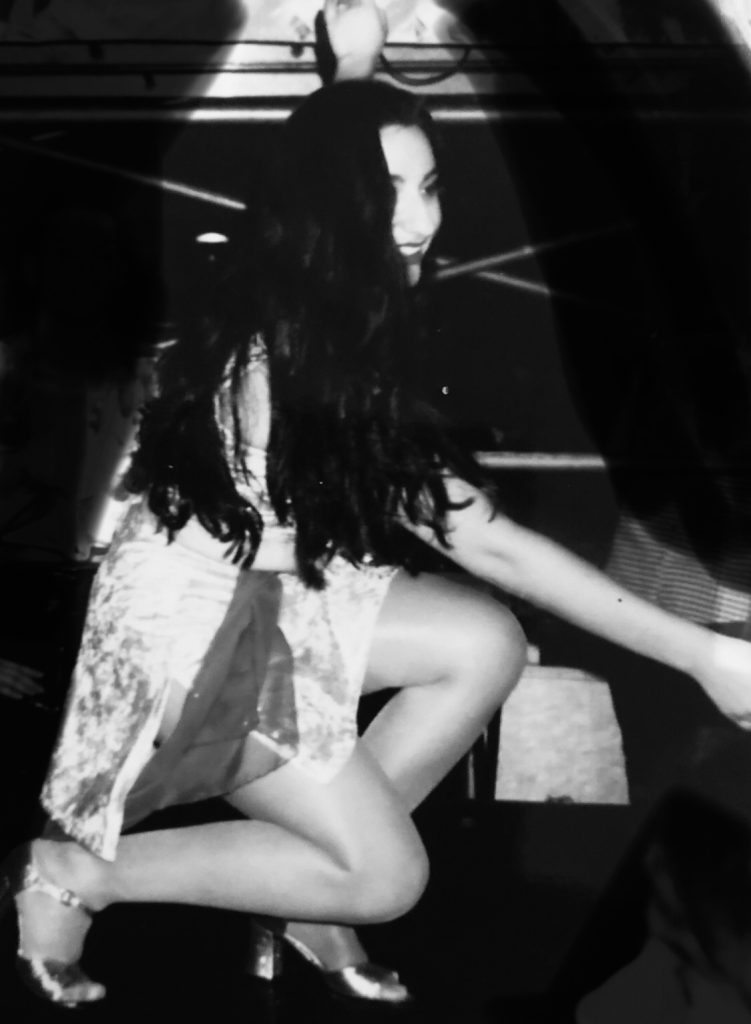
“It’s for anyone with strong feelings, a dance with passion, like the tango or flamenco where you express yourself through movement,” she said, pointing to this as a constant throughout the dance’s evolution.
She stresses, however, that it existed well before the hashish dens of the refugees.
“There are many research papers about its origin,” she said, pointing to Thracian Phrygian origins, as well as Skyrian traces of the dance in the 15th century. It was danced by the Zeybacks, an irregular militia in the Aegean Region of the Ottoman Empire from the late 17th century, and was prevalent in cities such as Constantinople and Smyrni. In those days, two armed men faced each other, but it soon morphed into a solo dance as it grew traction in Asia Minor well before the 1922 Catastrophe which inevitably imbued a deep pain into the dance.
Other dances that are part of the zeibekiko family include karsilama dances, aptalikous horous, aivaliotika and there are, in total, 50 zeibekiko dances throughout Asia Minor and the Greek Isles, as well as karsilama dances in Thrace, Macedonia, even Megara.
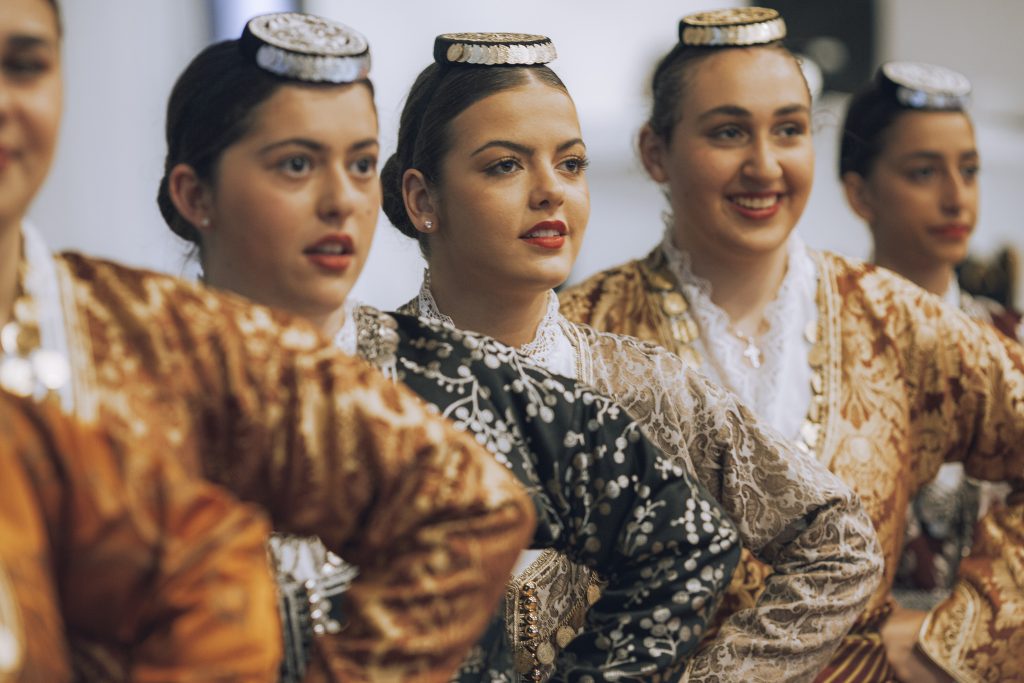
From hobby to profession:
Ventouris enjoys studying the history of dances. At Sydney University, she studied for a Bachelor of Education and used her dance skills to fundraise for the Greek program to continue at the University of NSW when it was under threat in the late 1990s. She created a dance group, Elikonas, named after the mountain of the muses, and started fundraising through a show called Romiosini, co-written with Stella Samaras, and performed at the Enmore Theatre.
“It was the biggest show of my life,” Ventouris said about the show about a mother from Asia Minor who, with her child, went on a journey to find her husband. As a refugee, she travelled around Greece looking for him, and this was an opportunity to showcase dances from different regions during her travels. It was a happy ending as she found her husband with a rendition of Romiosini.
Following that performance, her dance teaching took off – and eventually took over as 300 students became a full-time job at the Sophia Ventouris School of Greek Dance & Culture. Her Bachelors degree remained unfinished, but she has no regrets.
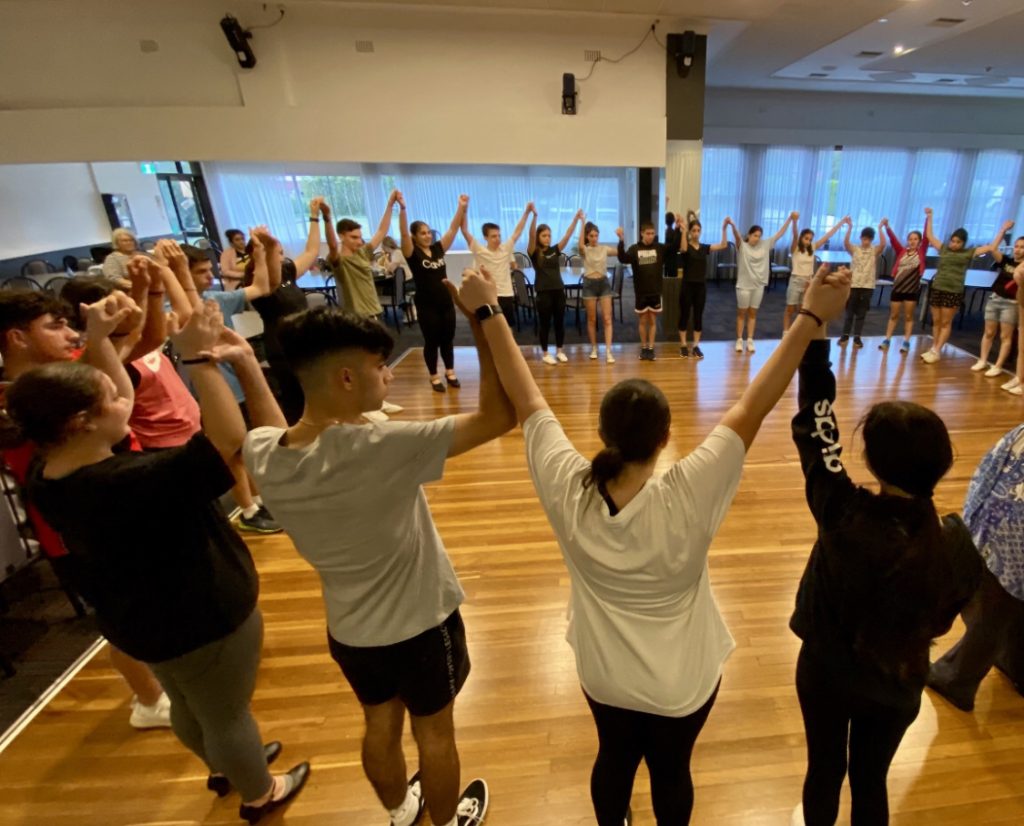
“The fact that I went to university and studied with Vrasidas Karalis and Panagiota Nazou made it worth it, and what I learnt about Greek language and the metres and structure in Greek poetry was very useful to my dance,” she said.
“I didn’t just want to teach my students the moves, but the origin of every dance; to make them aware of our tradition. Soon, I was creating books for them.”
At a time when Greek language is disappearing among the younger generations, dance gives hope when it comes to retaining the culture.
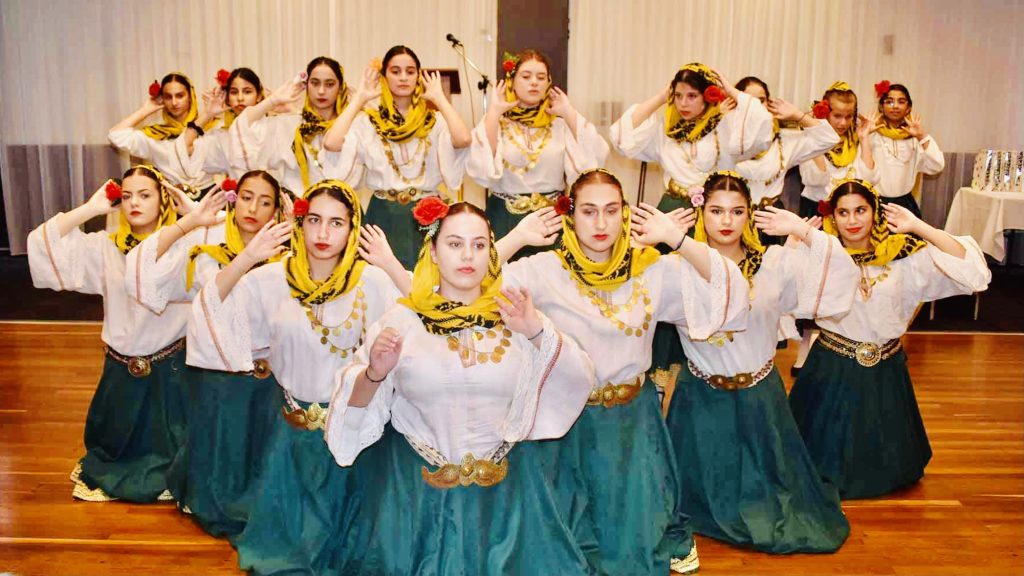
“Greek school is an extra chore for many children, but Greek dancing can be fun. And a lot of my students are from bicultural families, and often it’s the non-Greek parent pushing for the children to learn the dances and cultivate friendships from within the group,” Ventouris said, adding that many of her early students are now bringing their children to the school.
Looking at the young ones, she remembers her own “thirst” for dance.
“I don’t know what attracted me, it was a magnet,” she said.
She hopes that the Zeibekiko Festival of Australia will be a magnet for others to follow.
For more details, visit zeibekikofestivalaustralia.com.au/program. To book tickets to the Zeibekiko Festival of Australia and its workshops, visit this link: https://bit.ly/40M8nCD

